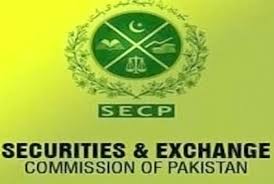URGAON: A robot working in a steel manufacturing industry killed a co-worker in Unnao, Uttar Pradesh, India. The worker had apparently moved too close to the robot while adjusting a metal sheet that had come unstuck and he was pierced by the robot.
The victim was rushed to a nearby hospital but he was dead by the time he was wheeled in. Ramji Lal (24), from Unnao, UP, worked as a loader for SKH Metals, an auto ancillary company, at the Industrial Model Township (IMT) Manesar.
“The robot is pre-programmed to weld metal sheets it lifts. One such sheet got dislodged and Lal reached from behind the machine to adjust it. This was when welding sticks attached to the pre-programmed robot pierced Lal’s abdomen,” a co-worker said. Another shop floor colleague claimed that had Lal approached the robot from the front and hadn’t stooped to adjust the sheet, the accident wouldn’t have happened.
Kuldeep Janghu, general secretary of Maruti Udyog Kamgar Union, told TOI: “The accident occurred due to the negligence of the management. No effort has been made to make the robots accident proof. We want compensation and an inquiry into the incident.” The union demanded safety measures put in place for all units using robots, he added.
Preliminary investigation shows the victim got too close to the robot and was trapped. The robotic arm went through him and he died on the spot, police said. “We are looking at CCTV footage and gathering information from workers and the company,” a police officer said.
Assistant Commissioner of Police Rajesh Kumar said the company management and the contractor who had engaged the victim had been booked on charges of causing death due to negligence. The deceased lived at Aliyar Dhana, a village near Manesar, in a rented accommodation with his wife and four sisters. He had got married around a year ago.
Angry workers halted work at the factory in protest and a meeting between workers and the management was underway at the time of filing this report.







